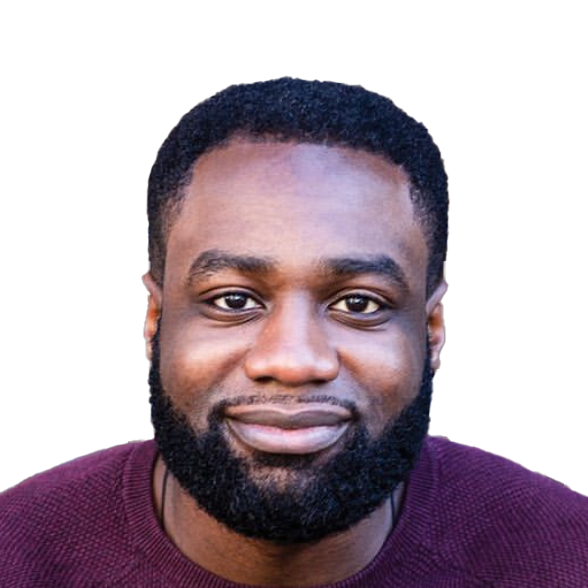RCP chief registrar Dr Jermaine Wright works at St Bartholomew’s Hospital in London, one of the oldest and most prestigious hospitals in the UK, and renowned as a centre of clinical excellence. Here, he reflects on work he led this year with Dr Sarah Duncan, another RCP chief registrar at Barts, to transform the resident doctor training experience.
The RCP Chief Registrar Programme is our flagship leadership development programme for senior resident doctors. Find out more about the programme. Contact the RCP team if you would like to host a chief registrar or apply to join the programme in the future: chiefregistrar@rcp.ac.uk.
St Bartholomew’s Hospital was founded 900 years ago by Rahere, a court jester turned priest in the time of King Henry I. But behind the historic reputation, recent feedback from resident doctors in training highlighted a different story – one of growing dissatisfaction and disconnection. Rather than continuing to respond to the concerns of individual doctors, we set out to be proactive and crafted a simple vision: to make Barts the best hospital in the country for training resident doctors.
Backed by the hospital’s executive board, we established a dedicated improvement sub-committee, embedded in the trust’s formal governance structure. This brings together key stakeholders including the deputy medical director, director of medical education, mess representatives, human resources and quality improvement colleagues, and most importantly, resident doctors themselves. The group meets monthly and has a clear mandate to listen, learn and act.
The case for change is compelling. While 80% of the hospital’s NHS staff survey scores improved in the past year, morale among resident doctors has continued to decline – a trend starkly illustrated in the latest survey results and flagged on the trust’s own risk register. National training data from the General Medical Council further reveals significant variation in experience between departments, with endocrinology identified as a positive outlier and radiology falling below expected standards.
Recognising that surveys alone can’t always explain the ‘why’ behind the numbers, the team has developed a new structured interview framework to be carried out annually with resident doctors. This data-driven approach aims to generate richer, more nuanced insights that can be analysed alongside national survey results to guide tailored improvement plans.
So far, tangible progress is already being made. The sub-committee is up and running with executive-level support, a structured interview proforma is in place, and rota changes have been implemented to reduce out-of-hours pressure. Upcoming work will focus on mentorship, education, exam preparation, interview support and improving the doctors’ mess – all areas identified through early feedback.
Crucially, sustainability has been built into the model from the outset. The sub-committee is designed to continue beyond the term of the current chief registrars, with the deputy medical director taking on ongoing leadership to maintain momentum and continuity.
This is about shifting the culture. By embedding this programme within the structure of the hospital and committing to long-term change, we’re keen to build a training environment where resident doctors feel supported, heard and proud to work. Ultimately, we hope our work reflects a growing movement across the NHS: one that places the experiences and development of resident doctors at the centre of organisational improvement.
Dr Jermaine Wright
RCP chief registrar
St Bartholomew’s Hospital, London






